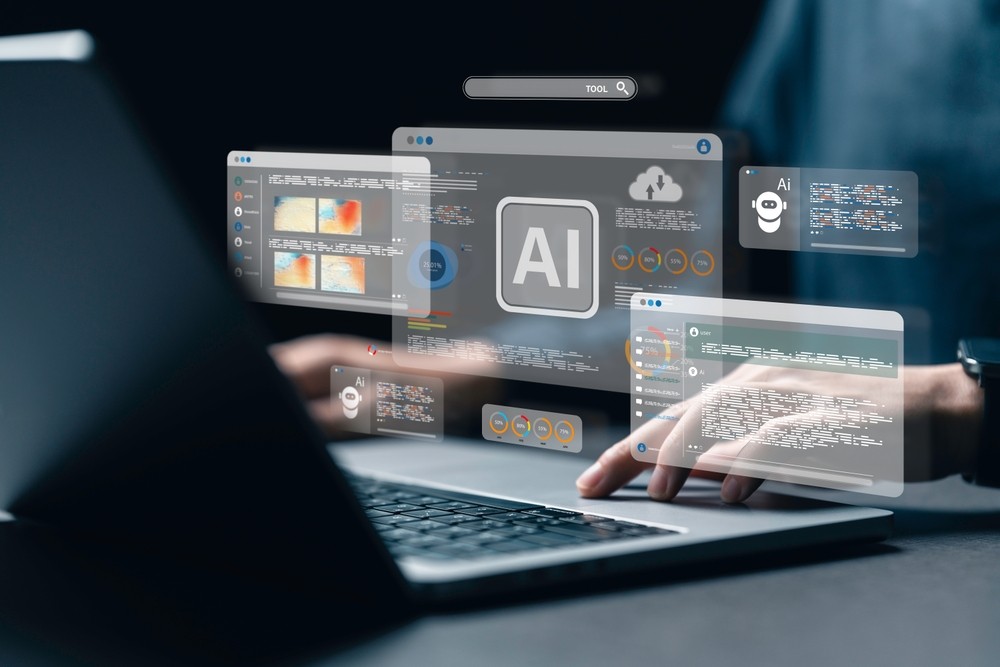AI is probably the most discussed topic in industry at moment, aside from net zero, and we are regularly seeing attention grabbing headlines around its impact on jobs (universal unemployment!) and the risk that we won’t be able to control it (the destruction of humanity!).
My view, albeit less exciting, is that used properly it will likely make us more efficient. And let’s face it, in the data centre sector, where we are facing an ongoing increasing demand for capacity alongside a well-documented shortage of skilled people, this is vital if we are to continue to support the continuing digital transformation the world is demanding.
At BCS our short-term strategy is to look to utilise AI to automate project administration, streamline our operations which in turn can release as much as 50% of the time for our senior people time to focus towards the develop and training of the next generation of digital infrastructure professionals. The objective is to help mitigate the skills gap and this will run in parallel with our successful apprenticeship and graduate programme, as well as our upskilling and reskilling programmes.
Using ChatGPT for report writing and research can be a productive approach leverage ChatGPT to assist in generating content, brainstorming ideas, refining language, and even exploring various perspectives on a given topic. Whilst on paper this looks like a quick win, we are also aware of the need to address the issues around ownership of data and copyright as well as the potential for misinformation. We are also looking to move many of our existing processes to automated online tools.
Our aim is for AI to automate repetitive and time-consuming tasks such as data entry, meeting minutes and email sorting. This not only speeds up these processes but also reduces the likelihood of human error, leading to more accurate outcomes.
For AI to be beneficial there needs to be certainty around the clarity and relevance of data. In simple terms this means that the data or information needs to be input by a knowledgeable senior person who has more to offer than just the facts – but also insight and experience. Since BCS started eight years ago we have accrued a wealth of data and I believe, using AI, we can assist decision making with data driven insight and use it to forecast outcomes and even future trends. However, we will still need skilled senior consultants who understand the project and the wider industry to analyse the information and that needs experience. So, we are certainly not talking about replacing those jobs in any way, just improving efficiency, but also enhancing our adaptability and competitiveness in a rapidly changing business environment.
We are also speaking to our University partners about how they are going to be introducing the concept of AI into their courses to incorporate them into all the modules and ensure that graduates have at least a basic understanding of what is coming. Learning about AI and its application is now an important part of education, not just for our sector.
We are also working closely with our clients, sharing updates and insights. It is clear that we are all heading in the same direction, but no-one really knows what the end point. There is however universal agreement that AI has a role to play in enterprise transformation.
In conclusion, our focus for AI is to help drive improvements toward delivery, safety, efficiency and most importantly the wellbeing of our people. Will it create a better service for our clients? Will it foster a better working environment for our people? Will it help to alleviate the skills shortage and enable us to deliver the digital infrastructure the world needs as it continues to develop? The answer is yes, I believe it will, and I think that is exciting.




